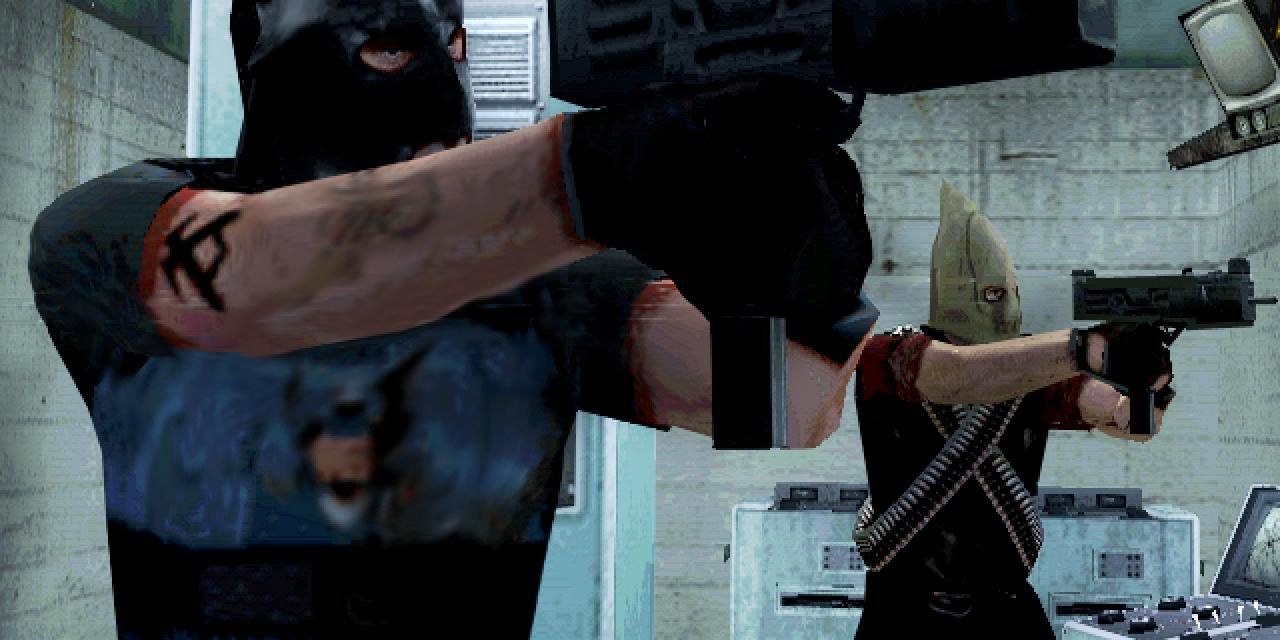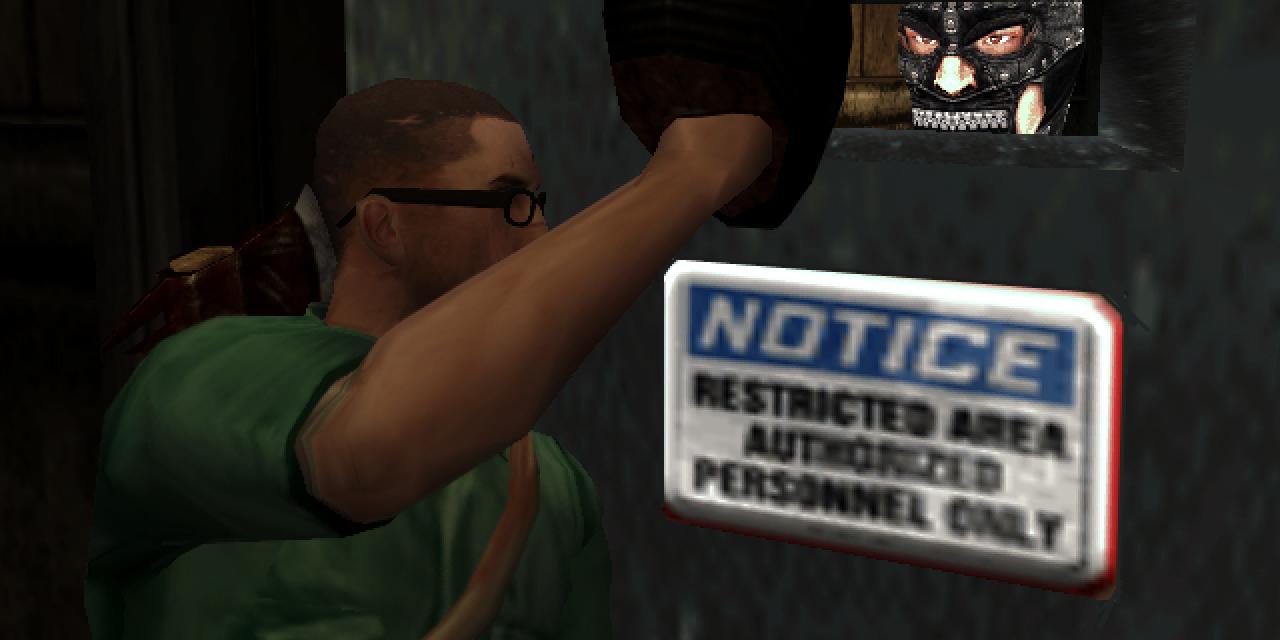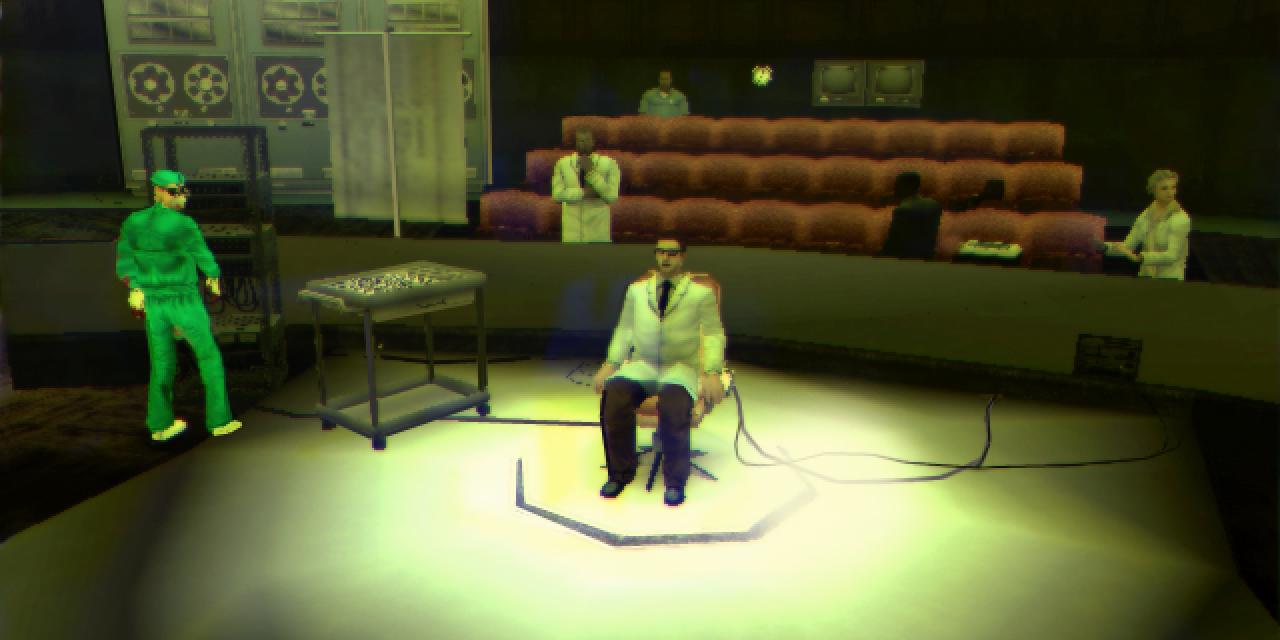




Rockstar launched its appeal against the BBFC's decision to refuse Manhunt 2 certification by accusing the board of putting its reputation above the interests of gamers.
"There's no evidence that playing interactive videogames leads to a propensity to act them out in real life. We wonder why Manhunt 2 has been singled out for special treatment," asked Geoffrey Robertson while representing Rockstar in its Manhunt 2 British certification appeal.
Robertson, who started his presentation by claiming that BBFC should stand for " British Board of Videogame Censors" continued that "their reputation is not at stake; if it were we could show how, over the last century, they've been derided for some of the most stupid decisions in censorship history. But we're not going to go down that road."
Robertson presented some statistics revealing that there are 26.5 million gamers in the UK. Their average age is 28 and the gender split is 45 per cent female, 55 per cent male.
Robertson then said that he was told by the chairman that none of the panel members has "experienced computer games", but a member of the panel interjected, stating, "That's not true. Some of us actually have played computer games". It was also confirmed that the panel did play Manhunt 2 in advance of the hearing.
Robertson considered it an "offensive and outrageous" allegation "the board makes against adults in this country that they're somehow going to go and shoot or kill as a result of playing Manhunt 2."
"Millions of gamers play videogames and no crime has ever been directly attributed to them, with one exception." The exception, he explained, was the alleged connection between the original Manhunt and the murder of British teenager Stefan Pakeerah. It was later confirmed that Pakeerah's killer did not own the game and there was no connection.
Robertson concluded: "We say [Manhunt 2] has been banned not because of any likelihood it will harm gamers, but because of the likelihood it will harm the reputation of the BBFC."
BBFC's defense is available here.


